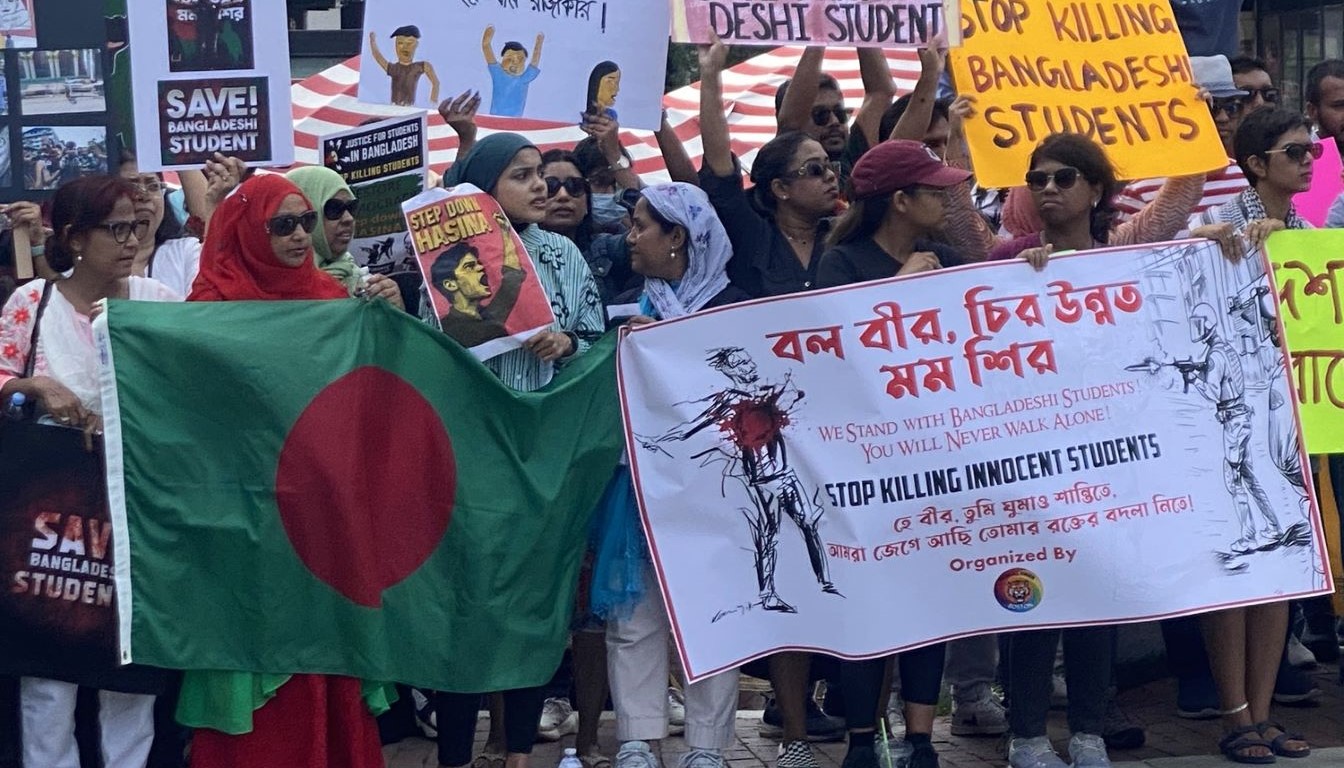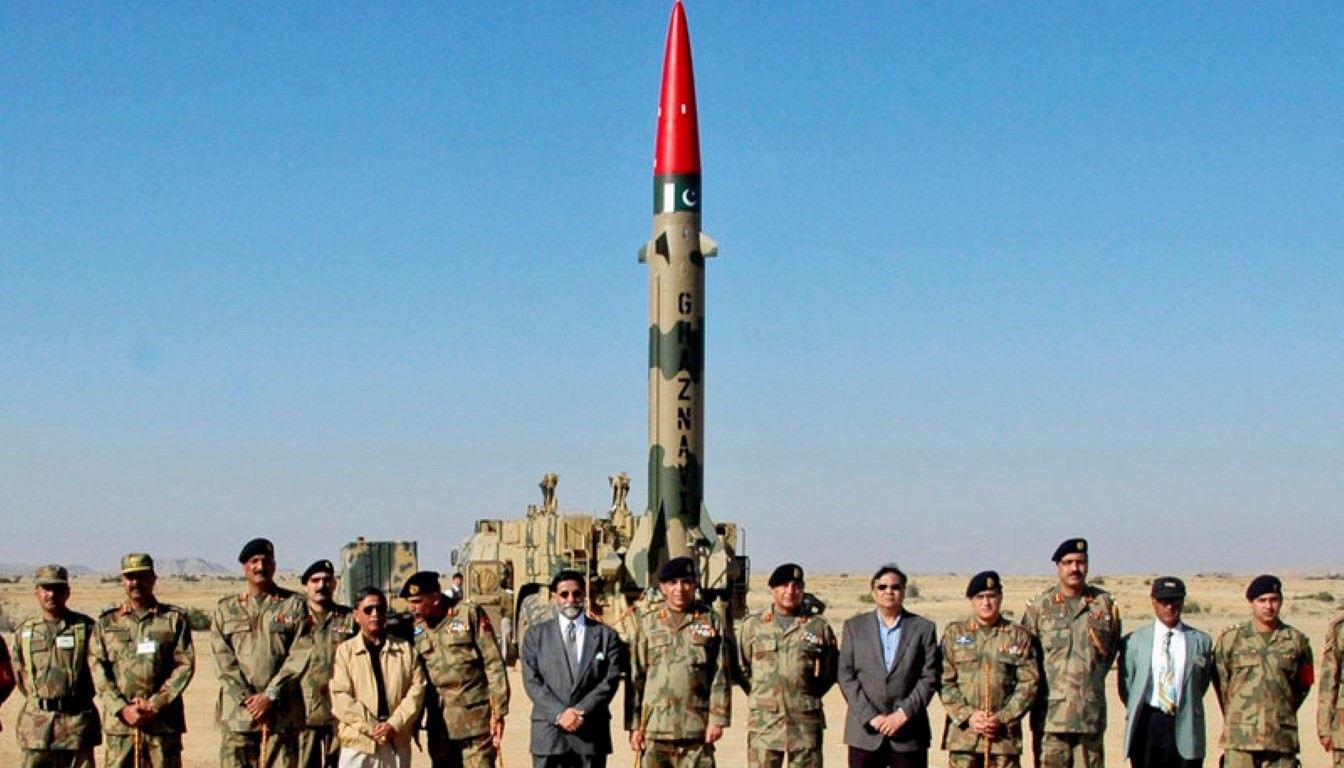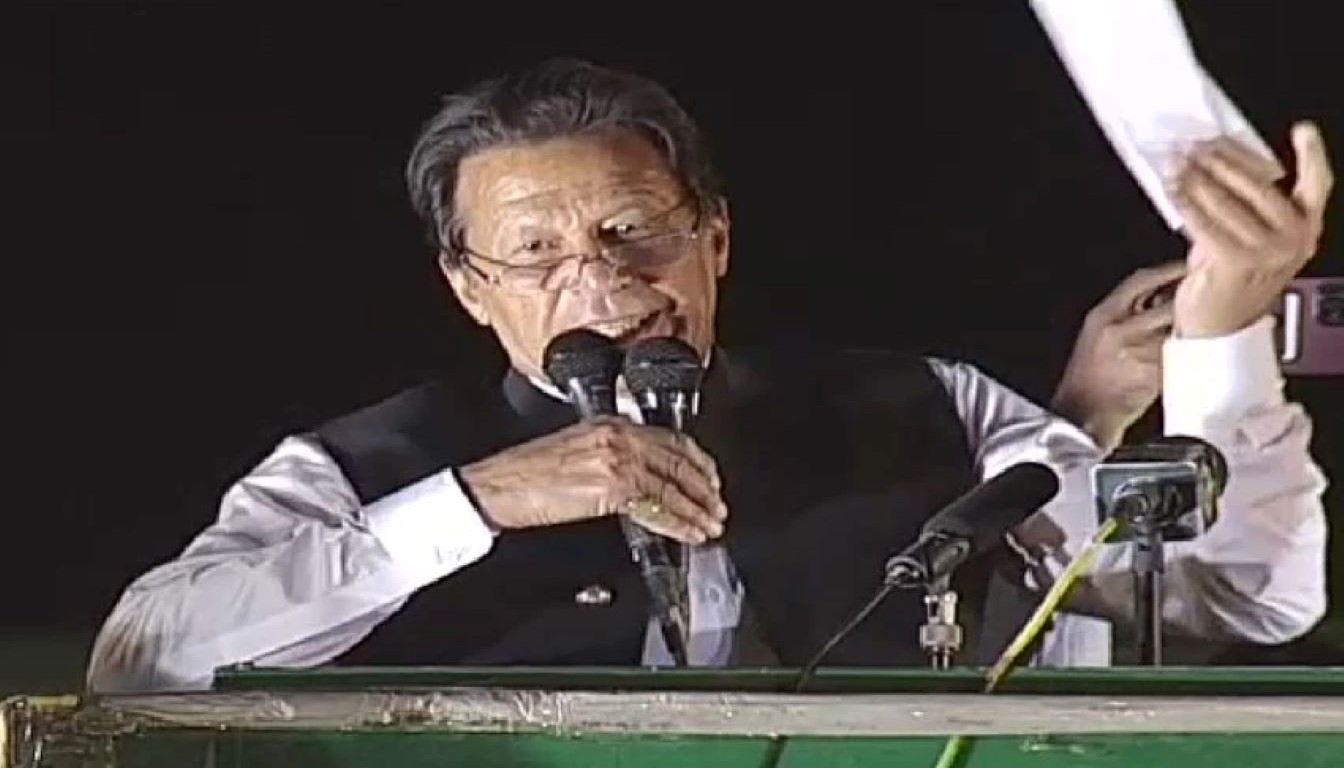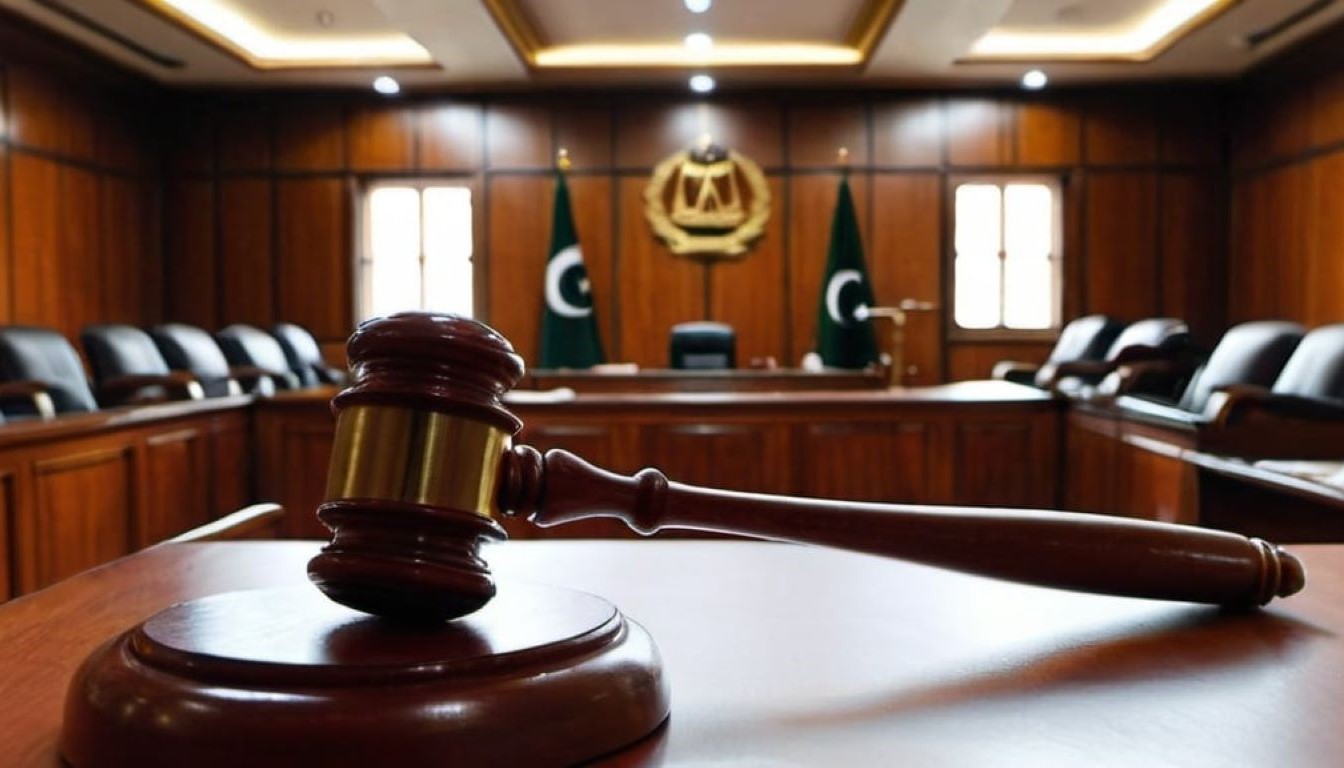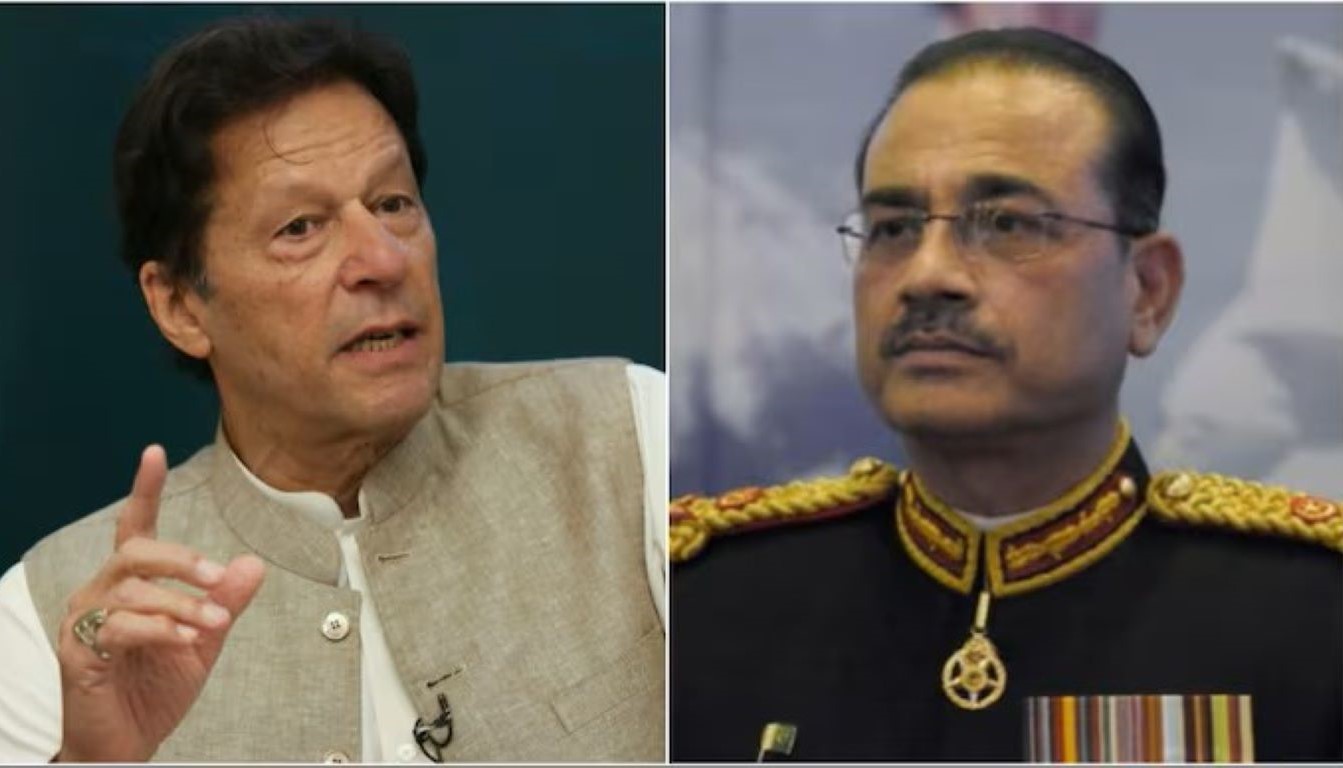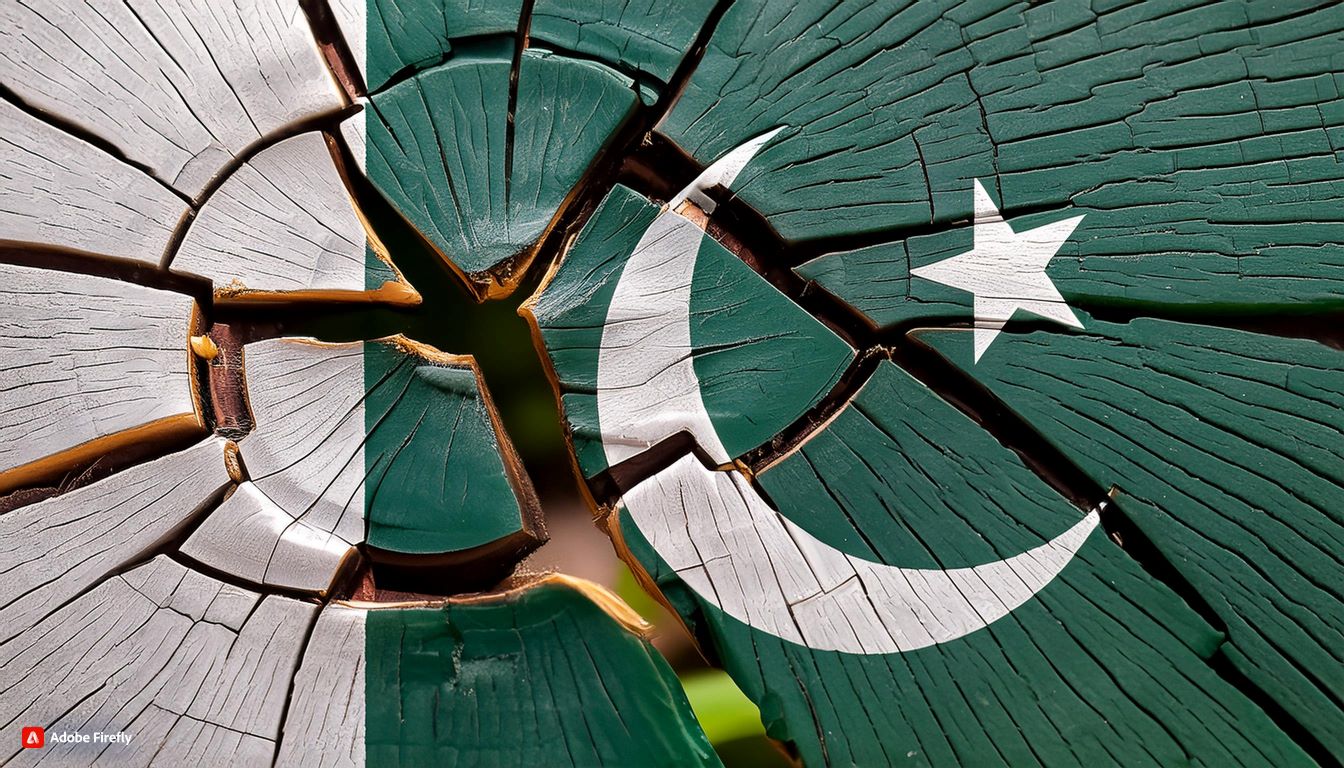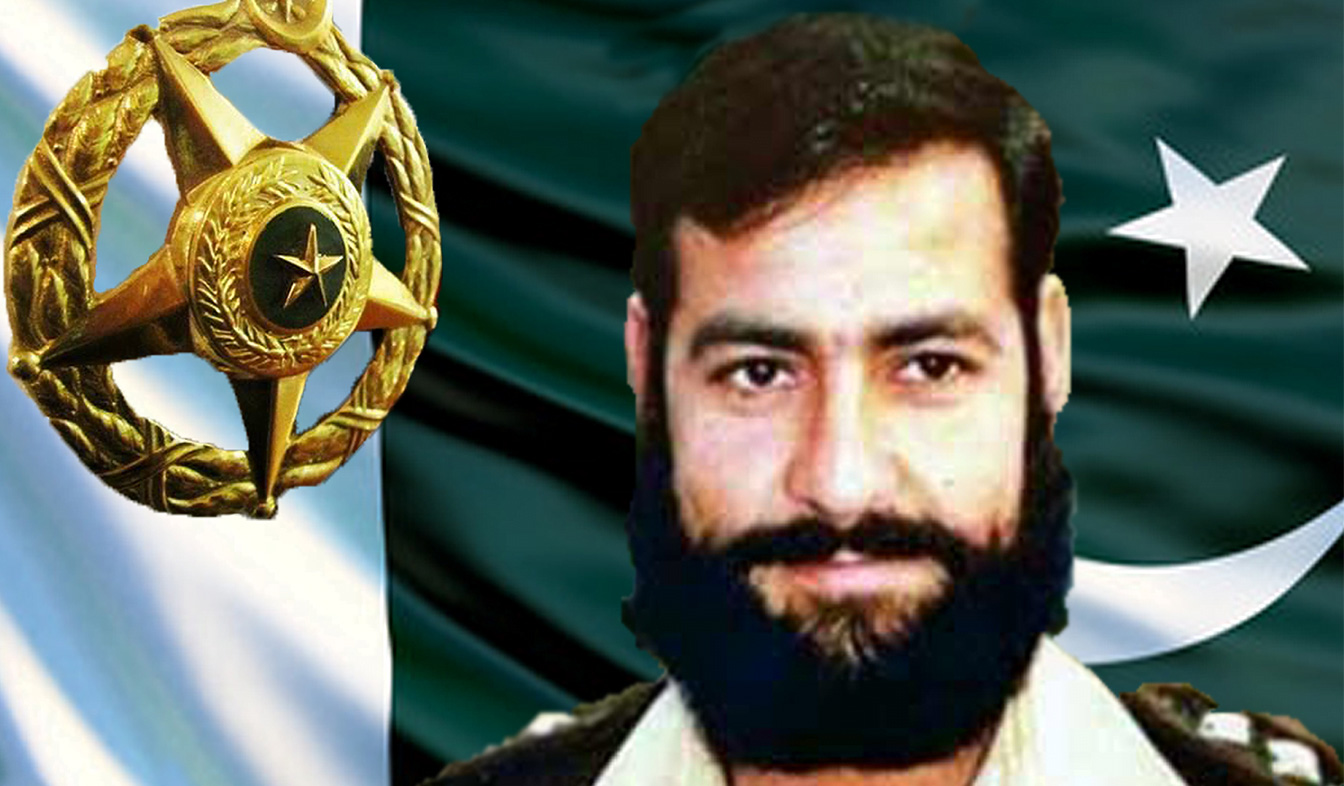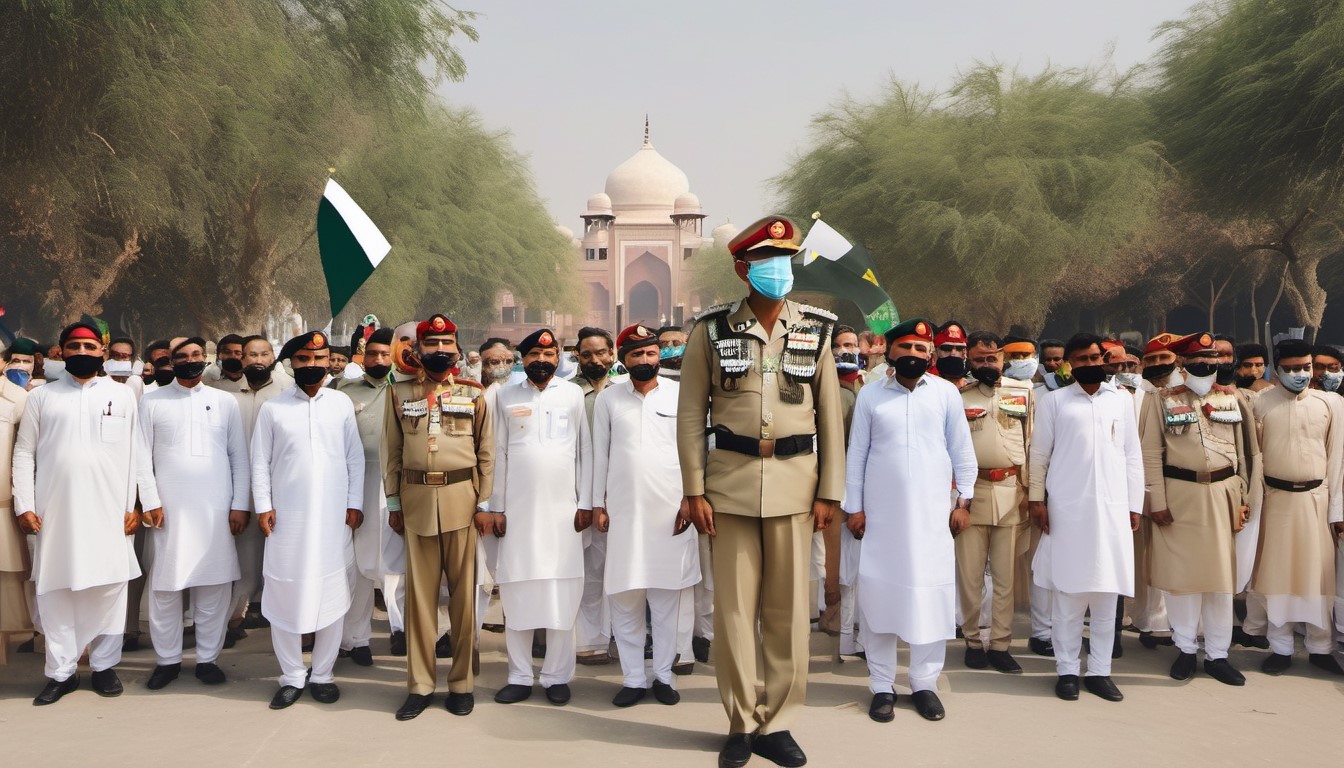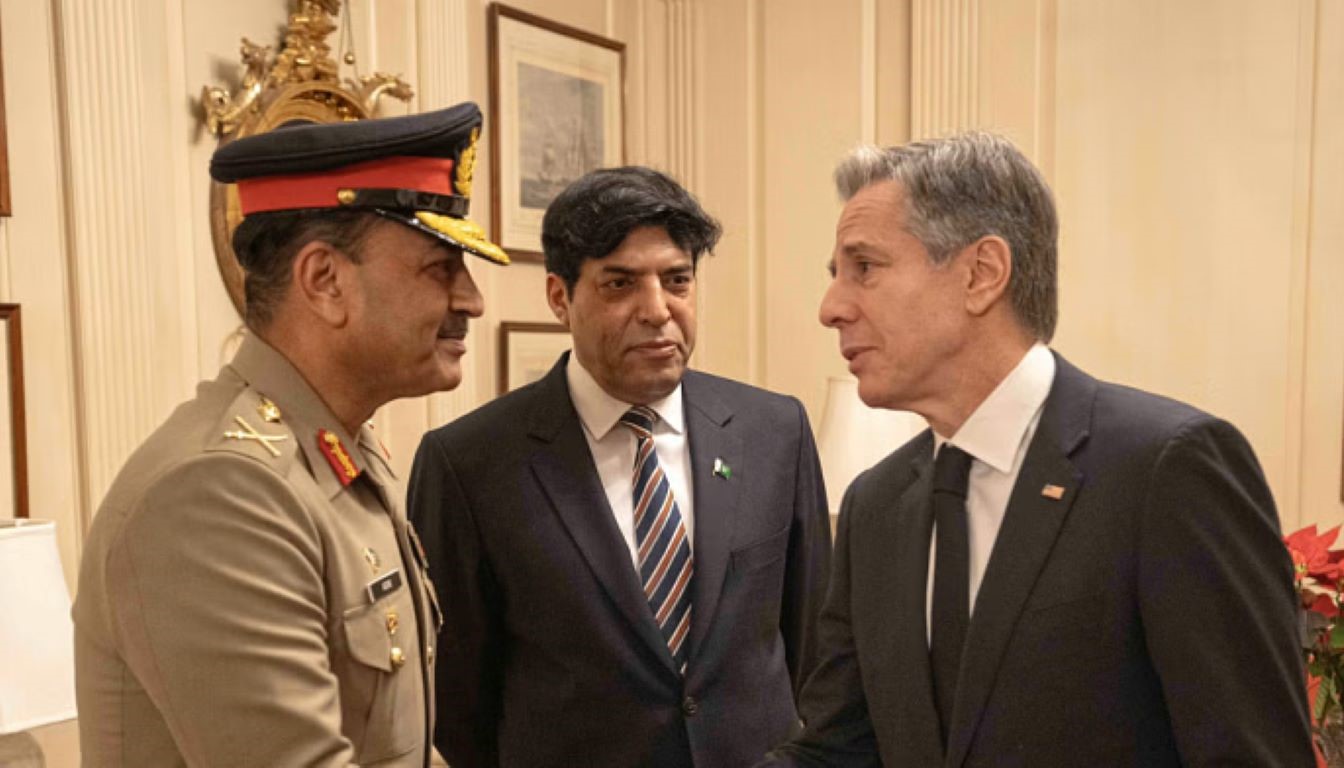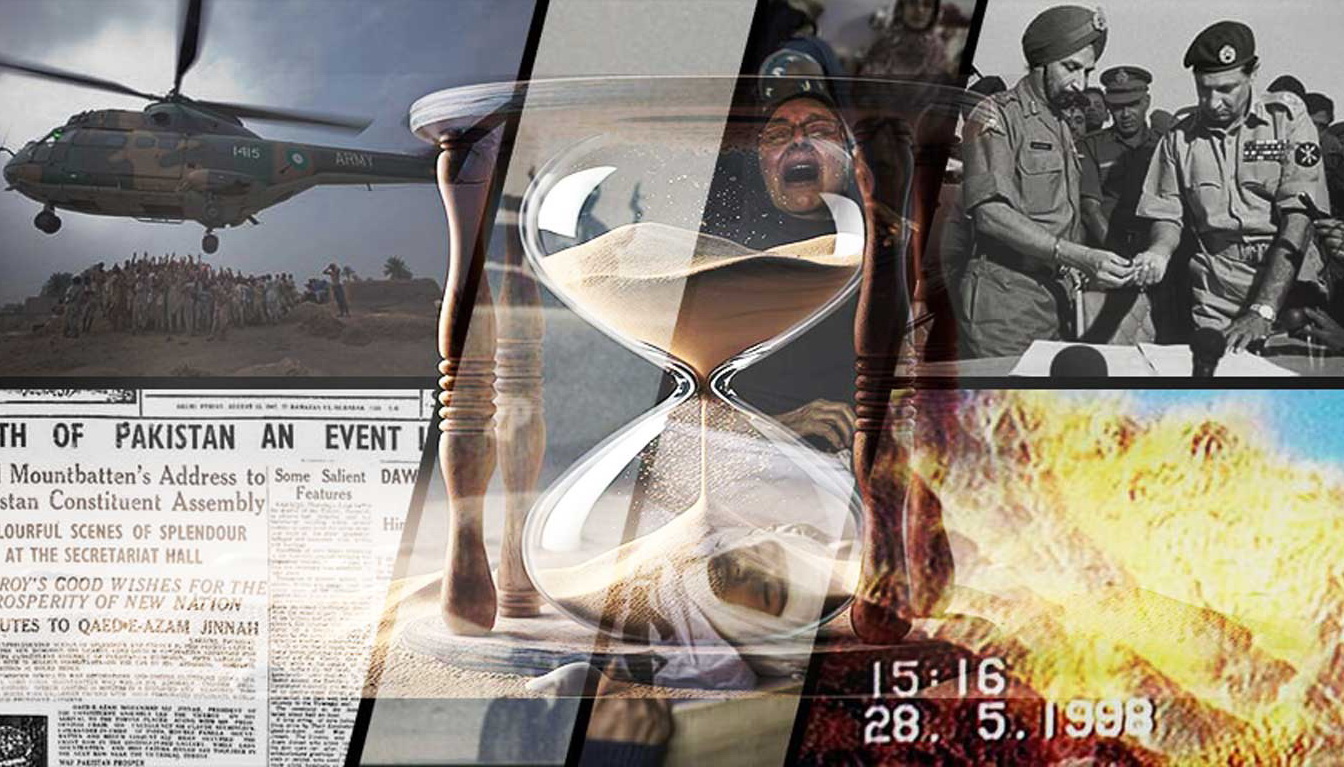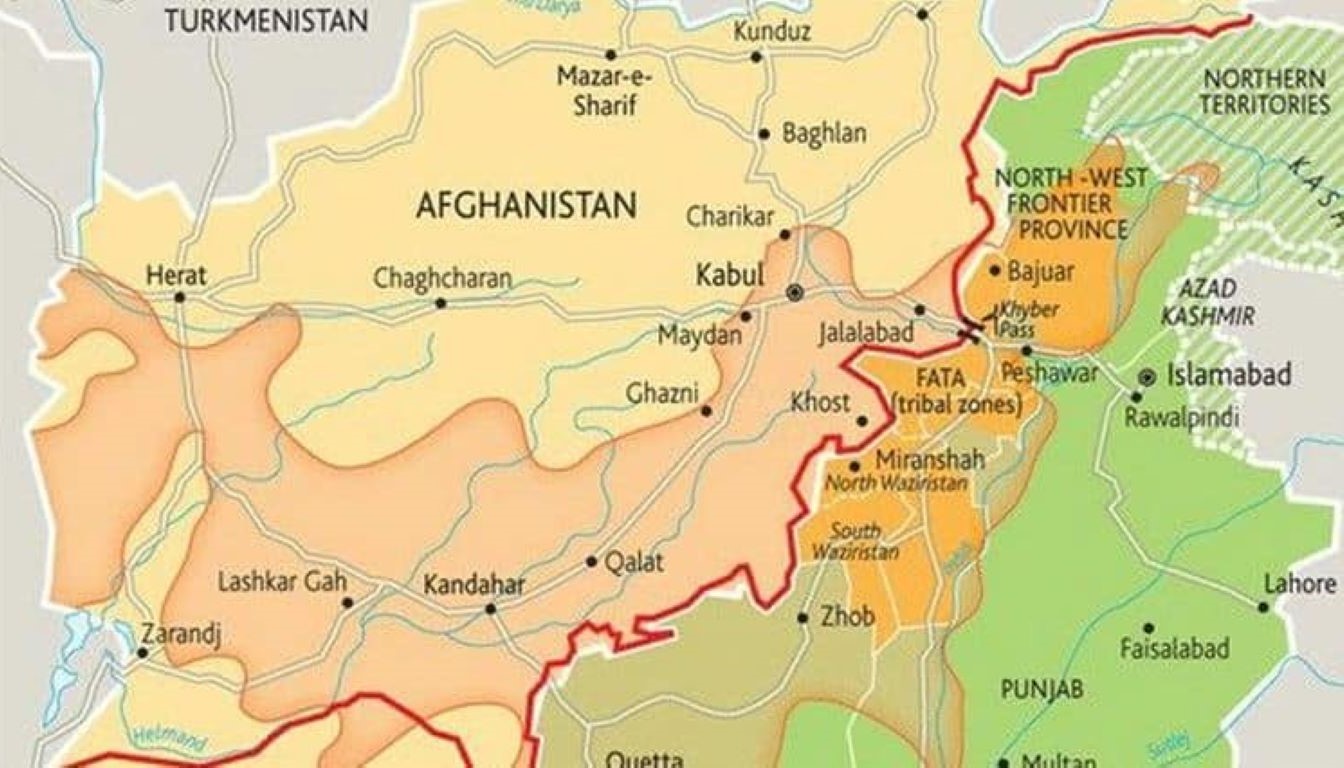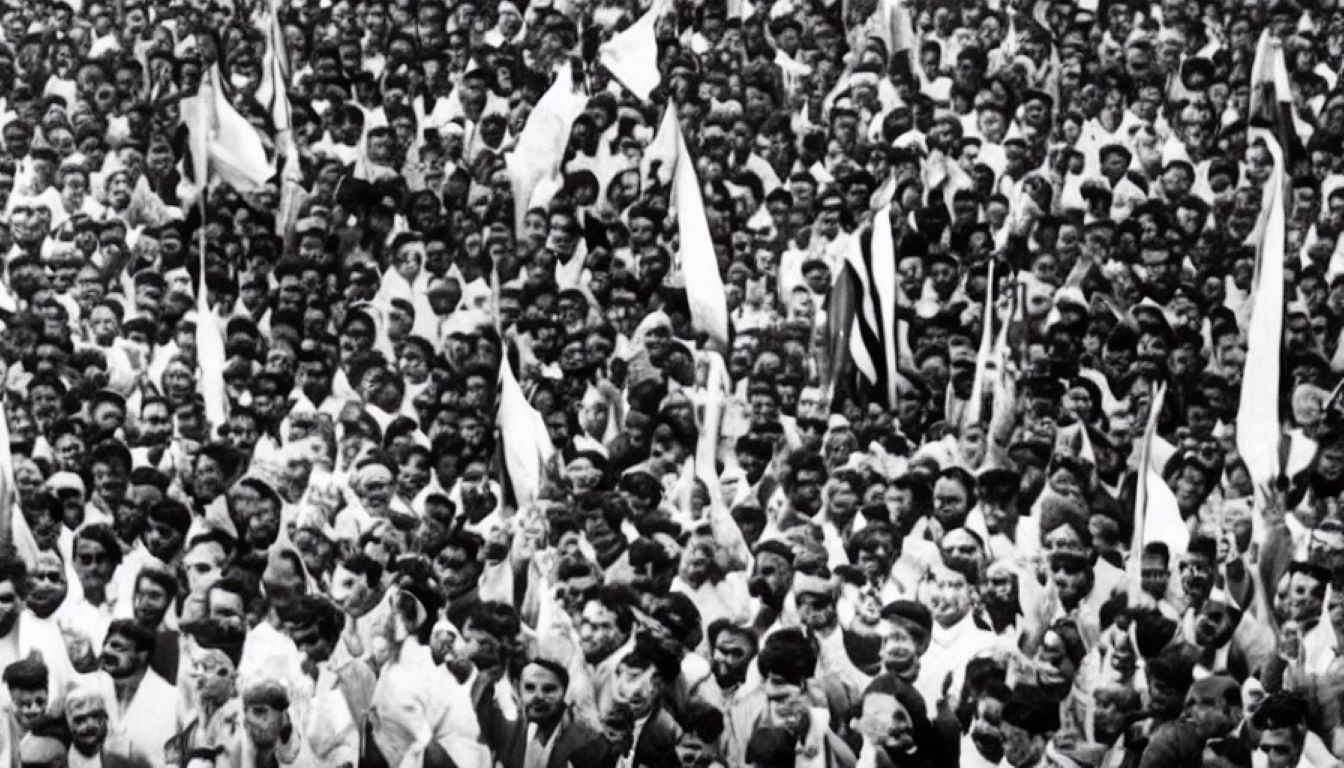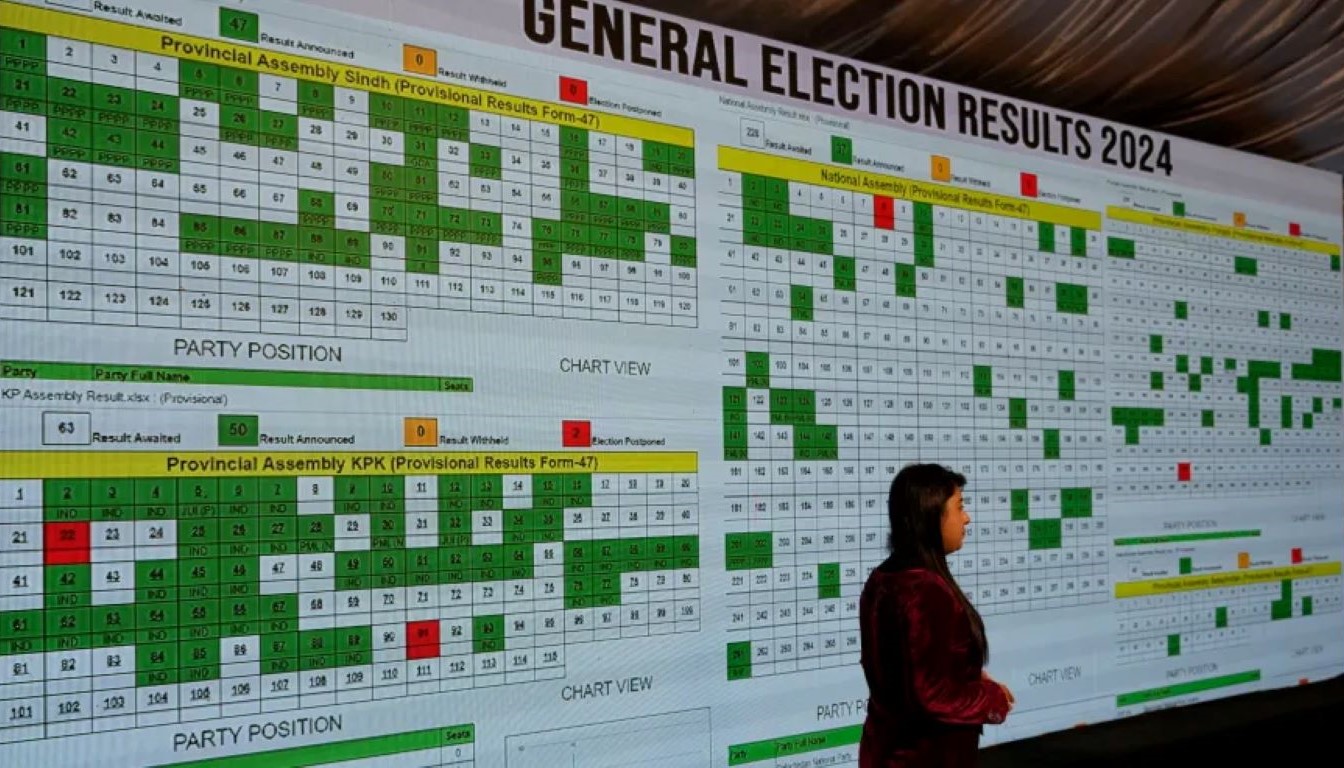The recent influx of propaganda videos on social media against state institutions have raised a few important questions and facts. Consistent spewing of rhetoric, especially the opposition’s narrative against the army on social media is not in line with the previous stance held by such individuals while they lived in Pakistan and had interactions with the institution.
A leading example among such people is a former actor who was a Customs and Excise Officer rising to fame through the PTV drama “Dhuan” in which he was acting as a police officer. The drama was a runaway success, and to this day is regarded as one of the most classic and best drama serials in Pakistan’s history. His next venture was the movie “Maalik” which was banned in Pakistan by both the PMLN and PPP governments before it could be released.
Throughout his life it can be seen that he has predominantly been a supporter of the Pakistan Army which leads us to put forward the question: what is the reason for his deviation into an anti-army speaker?
Presumably, under the disguise of preaching reforms, he is disseminating flawed and manipulated information. This speaks volumes about his own uncertain interpretation of how the Armed Forces operate. His initial aim was to become a fighter pilot, failing which he opted to join as an aeronautical engineer cadet. This is where his infatuation brought him to the cult drama serial “Dhuan” and his subsequent role in a movie in which he played the protagonist in uniform, and due to these roles, he rose to fame.
Failure of “Maalik” due to censorship policies of the same political parties that he now supports adversely impacted his financial conditions.
He started off a new road to fame through social media and started a vlog about his trucking expeditions. This didn’t seem to work or change his position much.
It’s obvious that his aim was to regain the social standing that he once enjoyed in Pakistan. To do this, acceptance within the Indian-influenced Westernwmindset of the intelligentsia was important. Choosing to support anti-army rhetoric seemed to be the most logical step forward due to his background and very basic knowledge.
The Indo US strategic alliance targeting China and Pakistan, which is the most fashionable viewpoint to have in recent times, (especially by brainwashed pseudo-intellectuals) was seemingly the easiest and most profitable bandwagon.
From September 4, 2020 onwards, he started a series of videos titled “What is the Solution?” Every week a video was released to create doubts and suspicion in public minds. Here are the answers:
The majority of cantonments in Pakistan were initially established on the outskirts of the cities. With growth in population, the cities expanded. As a result, the cantonments were surrounded by the civilian population which now makes it look as if the cantonments are within the cities. Moving the cantonments out of cities now is very difficult and involves a lot of funds.
His question about the cantonment in Khuzdar highlights his oblivious attire as there is increasing evidence of extensive Indian involvement in the ongoing insurgency in Balochistan. The skill set and experience the Armed Forces have, that is needed to tackle this menace is not completely within the capabilities of law enforcement agencies.
Another example of his naivety is when he speaks about one of the most proficient, trained and professional contingent of Pakistan army that is responsible for the security of the heads of government and state. This has not been an isolated case and they are used regularly around the year in internal security and counter terrorism duties. These duties can only be performed by a combat outfit due to sensitivities involved.
His desire to force Pakistan to adopt the US model is ignorant. Pakistan’s internal and external security challenges have different dynamics to those faced by America. We are a nation striving hard to stand on our own in these challenging times with limited resources.
The Armed Forces have been fighting this long, deadly and painful war. Importantly, Pakistan is located in a triangle with India and Afghanistan on it’s borders. This is just one example of the different dynamics and shows the extreme internal threat level in Pakistan in comparison to the USA.
The lack of military knowledge is equally similar to his lack of historical knowledge. Quaid-e-Azam, the founder of Pakistan also had a military secretary because of the efficiency and discipline that officers of the Armed Forces possess. These, among many other skill sets are essential for the supreme commander of the Armed Forces who the military secretary serves.
The military men surrounding the Prime Minister and the President on a consistent basis has nothing to do with a hypothetical misadventure. The military has enough of its own affairs to deal without having to delve into politics and coups. The mistakes made by Army leaders in the past have been lessons well learnt by the present security establishment.
The primary reason for security staff recruited from the military surrounding the PM and the President is simply for security purposes and the highly skilled men that are able to provide it.
His insistence that a civil institution similar to the FBI of the USA be created in Pakistan appears illogical. The Intelligence Bureau (IB) and the Federal Investigation Authority (FIA) are a similar set of organisations already functioning in Pakistan.
In an ideal world and in the majority of countries globally, this is the responsibility of the Police but due to Pakistan’s geo-strategic position and the subsequent ongoing hybrid war means that the Army has to fight this war within. Due to this hybrid warfare, the boundary between internal and external security becomes increasingly obscure, resulting in the Army and the Police having to work hand in glove to counter enemy assault.
A series of successful military operations including Rah-e-Raast, Rah-e-Nijaat, Zarb-e-Azb and the subsequent Raddul Fassad paid off well. The command and control center of terrorists has been annihilated, sanctuaries eliminated and launching pads dismantled. The operations led to a remarkable decline in terrorist attacks for many years.
His desires have dramatically changed from wanting to become an officer of the Armed Forces of Pakistan to wanting to become the next Tariq Fateh with a fan following and lifestyle to match.

